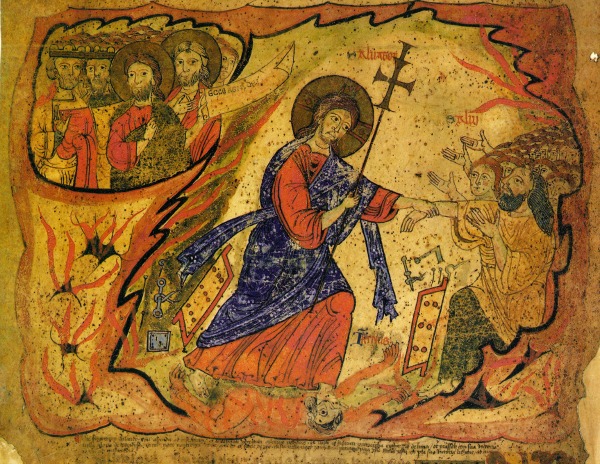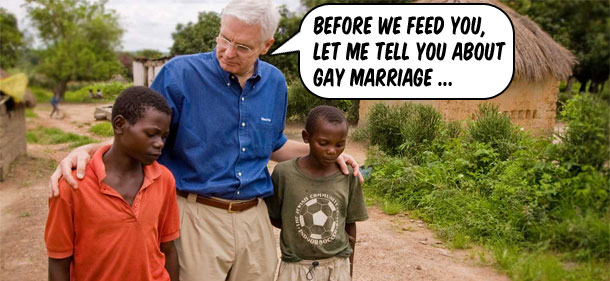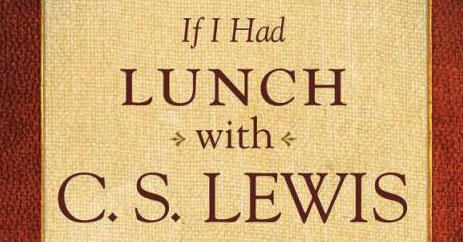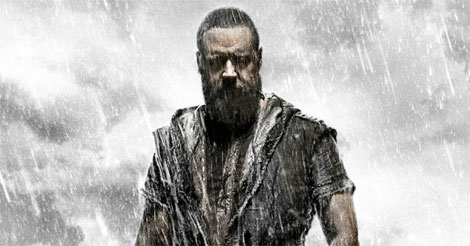Oft forgotten amid the Holy Week observances of Palm Sunday, Maundy-Thursday, Good Friday and then Easter is Holy Saturday, or Black Saturday, the day Jesus supposedly lay in the tomb after his crucifixion on Friday and prior to his resurrection on Sunday.
But this day worked on the imagination of early Christians in fantastic ways. In the Apostles’ Creed is the statement that Jesus “descended into Hell” as it is often translated into English. But in the Greek it is κατελθόντα εἰς τὰ κατώτατα, or “going down into the lowermost parts,” and in Latin something almost identical, descendit ad inferos, or “he descended to the lower ones/places.” This is not necessarily Hell, because such a concept was not fully worked out yet. It was rather the netherworld or underworld of Greco-Roman mythology, the conception of which would eventually provide us with the imagery most commonly associated with Hell.
The most fascinating account of Jesus going down to the underworld has been handed down in the Gospel of Nicodemus, an apocryphal work that includes the Acts of Pilate (yes, that Pilate, whose ahistorical contrition in the Gospels is later elaborated to the point that he becomes canonized in some Christian sects) and Christ’s Descent into Hell. The older, out-of-copyright translation of Nicodemus by M.R. James is available in many places online. But the more updated and much less baroque translation by J.K. Elliot is far superior.
Probably… [Read more…] about Black Saturday: Satan, Hades, and the Beginnings of Hell









